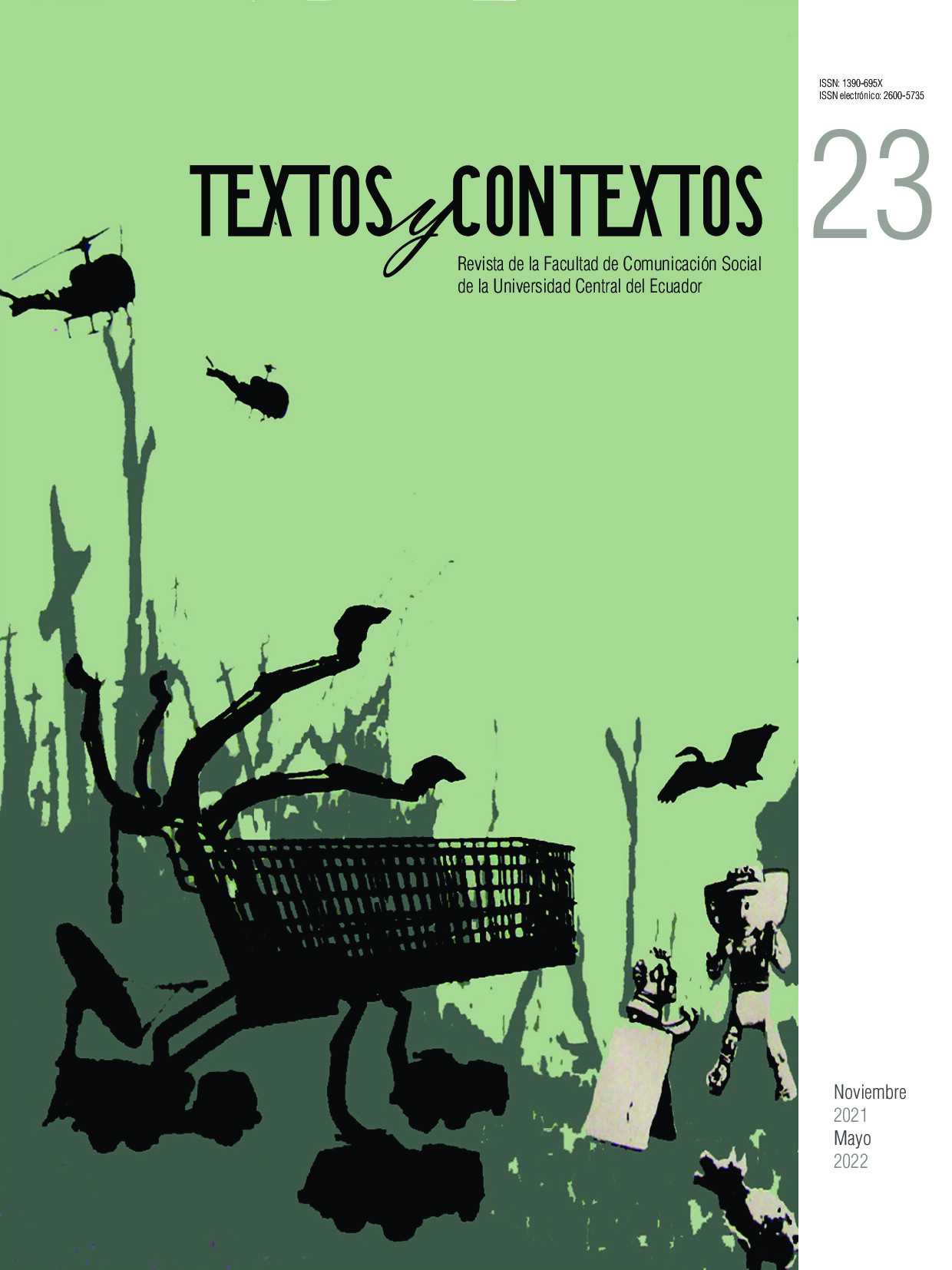The importance of ancestral strategies in the conquest of citizen rights
Main Article Content
Abstract
In rural sectors, various ancestral strategies are used to solve emerging problems in the communities. Among the most used strategies are the minga, the neighborhood organization, the food treat, among other activities that respond to the «uses and customs» of the community. The present study was carried out in the communes of Cubinche and Guaraquí, in La Esperanza parish, Pedro Moncayo canton, Pichincha Province. In these sectors, it was possible to investigate the active participation of women in the different ancestral strategies and the contribution they make in the communication networks, adherence, supply, collective work, among other activities that configure an original form of citizen participation, an alternative exercise of citizenship. Essentially, the research made it possible to show that peasant women gain rights through active participation in the daily life of the communes, despite the fact that machismo and discrimination still persist, limiting leaderships and obstructing effective participation in scenarios of local politics.
Downloads
Metrics
Article Details

This work is licensed under a Creative Commons Attribution-NonCommercial 4.0 International License.
References
Constitución de la República del Ecuador. Registro oficial 449 de 20 de octubre del 2008. Última modificación 16 de enero del 2015. www.asambleanacional.gob.ec
Código de Organización Territorial, Autonomía y Descentralización. (COOTAD). Registro Oficial, suplemento 303, 9 de octubre del 2010. https://www.gob.ec/regulaciones/codigo-organico-organizacion-territorial-autonomia-descentralizacion
Espinosa, M. (2000). Los mestizos ecuatorianos. Tramasocial.
Chavarría, M. y García, F. (2004). Otra globalización es posible. Diálogo con Boaventura de Sousa Santos. Íconos, (19), 100-111. https://doi.org/10.17141/iconos.19.2004.42
Heller, A. (1985). Historia y vida cotidiana. Grijalbo.
Herrera, G. (2001). Estudios de género. FLACSO. worldcat.org/title/estudios de género/oclo1007059367
Llasag, R. (2018). Constitucionalismo plurinacional desde los sumak kawsay y sus saberes. Huaponi Ediciones.
Lucas, K. (2019). Las ficciones constituyentes. Revista Rocinante, 17. Corporación Eugenio Espejo.
Maneiro, B. L. (2003). En el aniversario de Erving Goffman (1922-1982). Reis, (102), 47-61. https://doi.org/10.2307/40184536.
Pereira, A. (2002). Semiolingüistica y educomunicación. FEDUCOM.
Pérez-Rayón, N. (1993). La sociología de lo cotidiano. Discursos y fiestas cívicas en el México de 1900. Revista Sociológica, (23). http://www.sociologicamexico.azc.uam.mx/index.php/Sociologica/article/view/750/723
Rehaag, I. (2007). El pensamiento sistémico en la asesoría intercultural. Abya Yala.
Sánchez, J. (1996). La construcción y deconstrucción de ciudadanías en América Latina: el caso de Ecuador. Revista de la FEUCE: Colecciones utópicas, 1.a edición.
Wolf, M. (2000). Sociologías de la vida cotidiana. Ediciones Cátedra.




